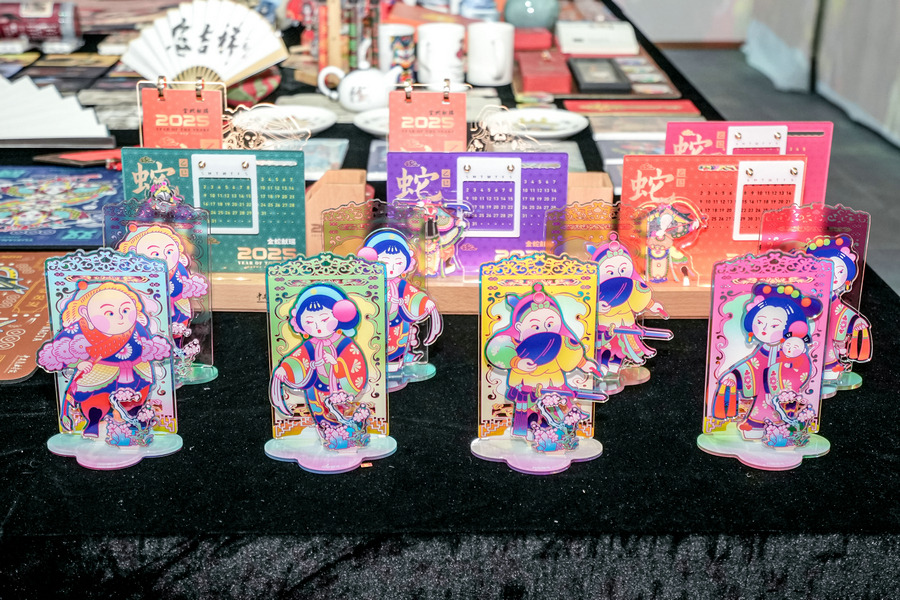China's film industry emerges from outbreak with successful plot


"There aren't enough extras," says Hu Qin, executive producer of Bailingtan, an internet TV series that started shooting in August. "It's quite common for there to be more extras than jobs. However, film crews are competing for extras now."
Zhu Guoqiang, an official with the administration committee of Hengdian World Studios, says there are currently about 6,000 extras registered with the actors' guild at the studios, an increase of 10 percent over previous years.
The actors' guild will provide around 444,000 extras for film shoots in 2020, compared with 419,000 last year, Zhu says.
"This year has also seen significant growth of modern TV series and cinema film shoots, leading to a recovery of the industry," says Zhao Yongqing, general manager of Zhejiang Dongyang Hengdian Movie Center Management Service Co.
"Now, all of the 20 high-standard studios for modern TV series are booked out and the demand for the reservation of normal studios is also high," Zhao adds.
Besides the boom in film and teleplay production, the recent strong performance of cinemas has also sent a positive signal to the reviving industry.
During the National Day holiday in early October, China's cinema box office recovered to more than 80 percent of its performance during the same period last year, with nearly 93 million moviegoers.
Industry insiders believe that the rapid recovery of the film and television industry can be attributed to the joint efforts of the whole industry chain.
"Investors, talents and audiences are still here," says Rao Shuguang, president of China Film Critics Association, noting that the rapid recovery has shown great resilience and space for the development of China's film and television industry.




































